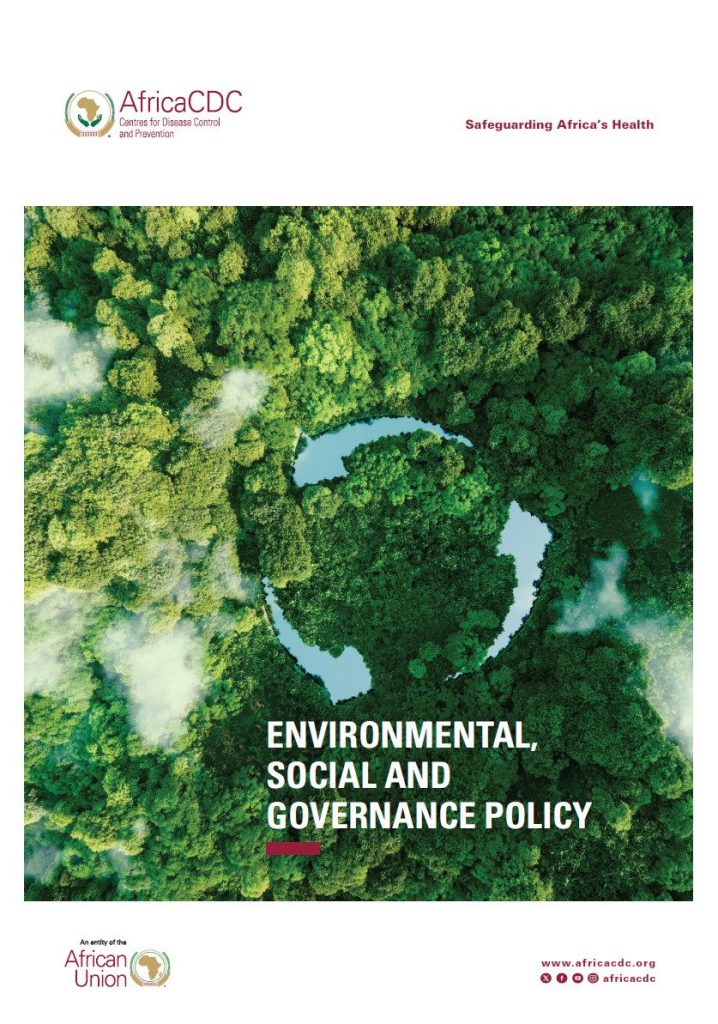The Africa Centres for Disease Control and Prevention (Africa CDC) is the African Union’s (AU) health institution, established in January 2017 to enhance the continent’s capacity to prevent, detect, and respond to disease threats. Elevated to an autonomous health institution in February 2022, Africa CDC plays a pivotal role in strengthening public health institutions across its 55 Member States. Africa CDC. Africa CDC is tasked with “the responsibility of prevention and control of diseases in Africa”.
Africa CDC envisions a continent that is safer, healthier, more integrated, and prosperous—where every Member State has the capacity to efficiently prevent the spread of diseases, implement robust surveillance and detection systems, and respond rapidly and effectively to health threats and outbreaks. To realize this vision, its mission is centered on strengthening public health institutions across Africa by enhancing their capacities, capabilities, and partnerships. It also supports sustainable models of local manufacturing and health financing in advancing health agenda.
This involves supporting Member States to adopt and implement evidence-based policies, programs, and interventions that ensure timely prevention, detection, and response to public health emergencies, promoting local manufacturing and health financing, thereby promoting sustainable health security and resilience across the continent. Key initiatives include the Africa Pathogen Genomics Initiative, the Regional Integrated Surveillance and Laboratory Network, local manufacturing and health financing. This is achieved through promoting evidence-based decision-making, fostering collaboration among member states, and leveraging resources from partners and donors.
Building on lessons from the COVID-19 pandemic and other health emergencies, the Africa CDC’s Strategic Plan for 2023–2027 focuses on:
In times of emergency, Africa CDC plays a pivotal role in coordinating continent-wide responses to public health crises. Its Emergency Operations Centre (EOC) serves as a hub for mobilizing resources, expertise, and partnerships to manage outbreaks such as Ebola. In 2024, Africa CDC undertook significant actions to address public health challenges: in declared mpox a continental public health emergency, marking the first such declaration in its history. Efforts included mobilizing resources and coordinating with international partners to manage the outbreak.
In light of Africa’s escalating health challenges, which are compounded by the impacts of climate change, resource scarcity, gender disparities, and weak governance structures, it is imperative for Africa CDC to institutionalize an Environmental, Social, and Governance (ESG) Policy. This policy provides a strategic framework to embed sustainability, social justice, and ethical governance in all Africa CDC activities—ranging from its internal operations to its partnerships and programmatic work across the continent.
